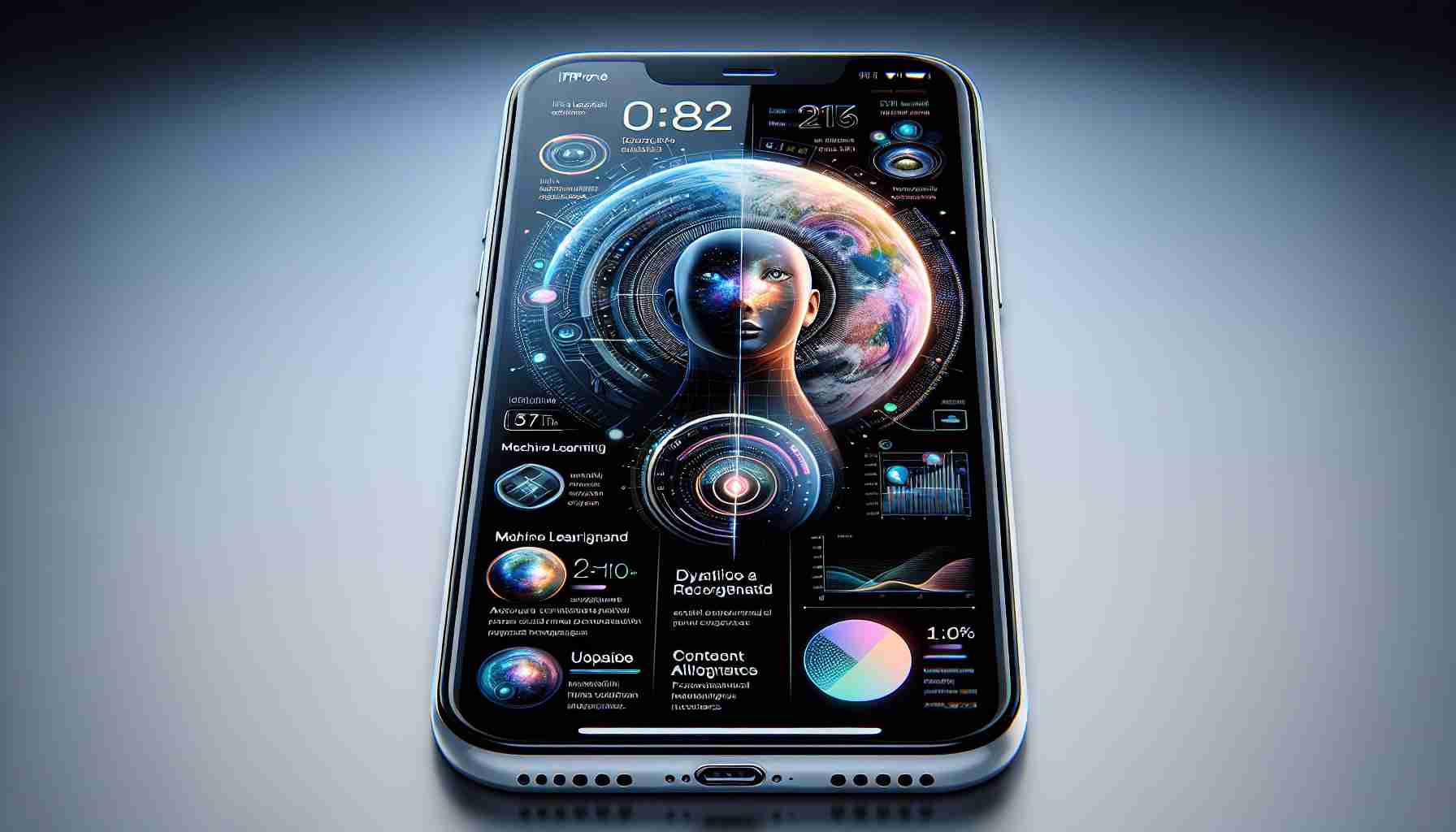Anticipation Grows for Apple’s Integration of AI Technology
With only a month to go before Apple’s World Wide Developers Conference on June 10, the tech giant is poised to unveil a new suite of software for all its devices, anticipated to be released to the public in stages starting in July. This year, artificial intelligence (AI) is rumored to play a significant role in the software advancements.
Possible Collaboration with OpenAI to Enhance iPhone Experience
Speculations suggest that Apple may be partnering with OpenAI, the creators of ChatGPT, to enhance the iPhone’s AI capabilities. Although an official agreement has not been confirmed, industry insiders like Bloomberg’s Mark Gurman indicate that talks have been progressing, signaling a possible collaboration aimed at integrating the advanced AI features developed by OpenAI into Apple’s ecosystem.
Apple Aims to Regain AI Leadership in the Smartphone Market
Apple’s move comes as a counter to competitors like Samsung, which has already gained attention with the introduction of Galaxy AI earlier this year. Apple acknowledges the need to regain its position as a frontrunner in AI smartphone technology.
Introducing the M4 Chip with Enhanced AI Performance
In an unexpected move, Apple has revealed its M4 chip earlier than anticipated, which boasts a more powerful neural engine to seamlessly handle AI functionalities. The new chip will be incorporated into the latest iPad Pro, available from May 15, illustrating Apple’s commitment to advancing its AI technology.
Tim Cook Confirms AI as a Priority for Apple’s Future
Addressing the company’s commitment to AI during the recent earnings call, Apple CEO Tim Cook expressed confidence in Apple’s unique approach to AI, emphasizing privacy and powerful on-device processing. He believes that Apple’s strategic direction will give it the upper hand in the transformative landscape of artificial intelligence. The tech community eagerly awaits to see how Apple’s ambitious plans will unfold in the immediate future.
When discussing advancements in the realm of artificial intelligence (AI) in consumer electronics, Apple’s anticipated integration of advanced AI features into the iPhone is a critical topic that merits further exploration. Here are some relevant elements and key questions on the subject:
Integration of Advanced AI in iPhones: Key Points
– AI in smartphones can revolutionize how users interact with their devices, offering more intuitive interfaces, voice interactions, context-aware responses, and predictive suggestions.
– Potential integration of OpenAI’s technology could improve Siri, Apple’s voice assistant, making it more competitive with Google Assistant and Amazon’s Alexa.
– Enhanced AI could also lead to features such as real-time language translation and better computational photography.
Most Important Questions and Answers
Q: How might advanced AI features impact iPhone users?
A: Advanced AI can make iPhones more personalized, efficient, and capable of understanding and predicting user needs. It might also optimize battery life through intelligent power management.
Q: What challenges does Apple face in implementing these features?
A: Apple faces technical challenges in ensuring these features work seamlessly and securely. Moreover, protecting user privacy while leveraging AI is another hurdle, given their strong stance on the matter.
Q: Are there controversies related to advanced AI in smartphones?
A: Yes, the primary controversy centers around privacy and data security. AI systems require data to learn and improve, and managing this with respect to user privacy has been a challenge for all tech companies, including Apple.
Advantages and Disadvantages of AI Integration in iPhones
Advantages:
– Enhanced user experience with intelligent assistance for various tasks.
– Improved device performance, particularly in camera functions and speed of processing.
– Potential for innovative app development leveraging the AI capabilities embedded in the device.
Disadvantages:
– Increased complexity in the software could potentially introduce new security vulnerabilities.
– The constant evolution of AI could lead to obsolescence issues with older devices unable to support new features.
– Handling of sensitive data by AI systems raises concerns about user privacy and the potential for misuse.
To learn more about Apple’s overall technology and products, visit the official website: Apple.
Please note that the specific page outlining Apple’s AI features has not been provided, so you’ll want to follow up on the Apple Newsroom or their official blog post-conference for detailed announcements and releases.
